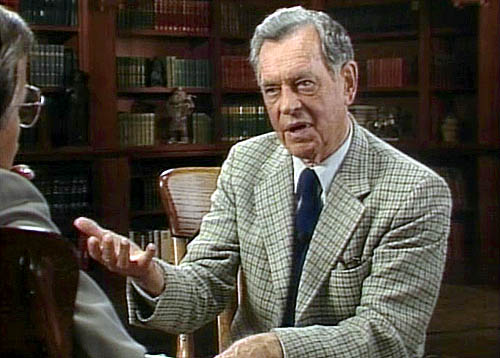”The priest presents for consideration a compound of inherited forms with the expectation (or, at times, even requirement) that one should interpret and experience them in a certain authorized way, whereas the artist first has an experience of his own, which he then seeks to interpret and communicate through effective forms. Not the forms first and then the experience, but the experience first and then the forms.
“Who, however, will be touched by these forms and be moved by them to an experience of his own? By what magic can a personal experience be communicated to another? And who is going to listen?”
Joseph Campbell, “Mythological Themes in Creative Literature and Art,” The Mythic Dimension, p. 186
Do we, somewhere in this, wonders Tony Piper, find the way of the celebrant, part priest, part artist?


Well you’ve got the old noddle steaming away in top gear with this one Charles, many thanks, even more than usual.
The experience first, the forms should come out of the experience – that rather neatly sums up much of the recent clatter in these parts lately about ritual, I feel.
So celebs may use long-established forms, but they have to wait until the content calls forth in their minds the right form. (That is assuming an empty stage, which a crem funeral isn’t – time dimension, for one thing.) Or they may devise new forms, perhaps out of old roots.
But the artist’s forms come out of his/her unique experience. We have to use our own experiences and feelings to bring across to those gathered with us the experiences of the bereaved, and life and character of the dead person. That’s a less personal discipline and a more complex emotional transaction.
So any good funeral is, in terms of transactions and transformations, a mongrel creature. A pure-bred funeral would, I suppose, be an uncompromising Catholic (or Muslim or etc etc) funeral, and we’re back with inherited forms, and expectations/requirements. I like mongrels.
If a secular funeral is effective, it may sidestep expectations. That’s the uniqueness we’re after, not the superficial “personalisation” stuff, but the unrepeatable experience that is about this person, for this family and these friends.
In which case, “secular” is a pretty useless word to describe the power of what can happen in a good “non-Church” funeral.
I helped recently with a funeral which I found to be potentially upsetting for me (i.e. I had to get a grip) and some nice things were said afterwards. But one bloke walked up and said “that was an interesting funeral.” ?? Talk about damning with faint praise. He was, I think, looking to be complimentary.
I think we all rather hope to transcend the category of “interesting!”